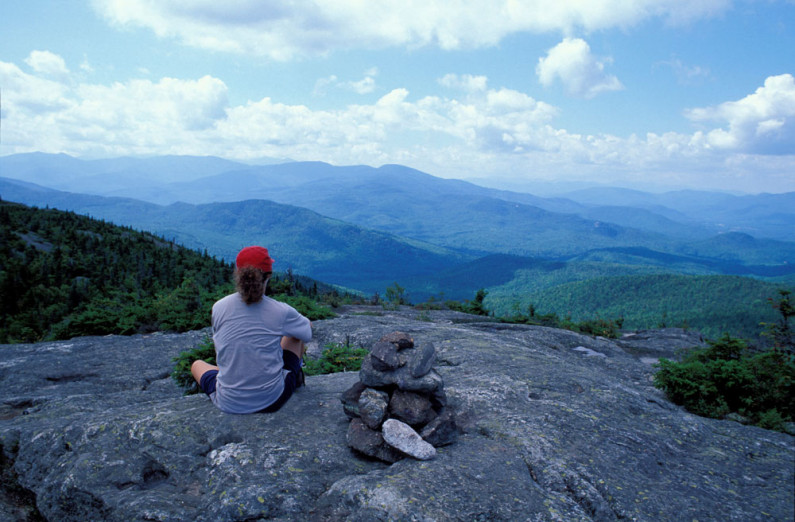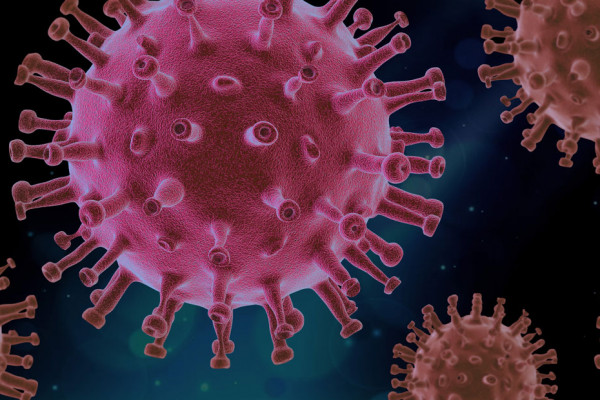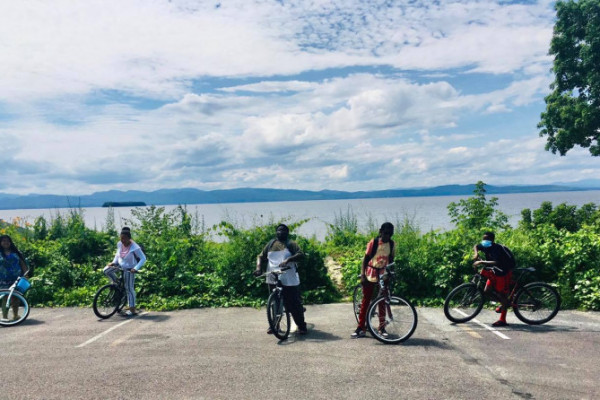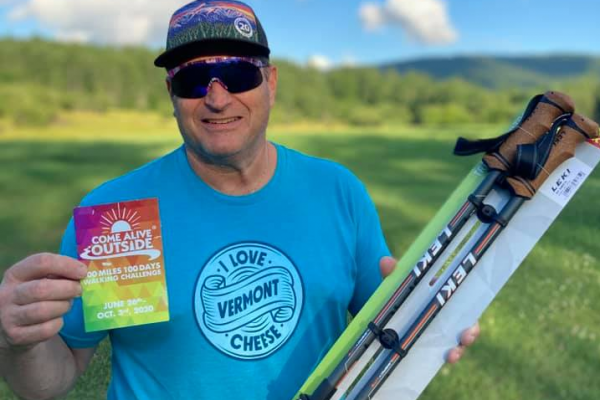Today, the Vermont Community Foundation announced nearly $500,000 in grants and mission investments to support Vermont communities responding to the spread of COVID-19 in Vermont.
Read more about "Vermont Community Foundation Announces Key VT COVID-19 Response Fund Developments"Share Our Post:
Thoughts on COVID-19 and how you can help

For weeks now, people across our state and beyond have woken up to a cascade of alarming news about the novel coronavirus. Our first thoughts go out to those across the world who are ill and to their families. Our next thoughts must turn to the question of what this pandemic and its impacts will mean for our communities, as the ripple effects of this disease create uncertainty around things like food, employment, paying rent or a mortgage, and the basic human needs of our neighbors.
Recent years and months have felt like a time of increasing disconnection, where the distances between our experiences and views of the world have grown wide. And now this virus has reared its head. It has raised sudden doubt over whether you should walk out your door in the morning, welcome a friend or grandchild to your home, kiss your aging mother on the cheek, shake hands with a neighbor, or show up for your shift at work.
Our sense of community has already been challenged by gaps in lived experience and perspective, creating distance in our communities and between each other—distances now made even more literal by the recommended actions to curb the spread of the virus.
And yet Vermonters—and the communities we live in—are resilient. People woke up this morning knowing the day was cast with uncertainty, but they still showed up to work shifts in the hospitals and the emergency rooms and caring for elders and responding to 911 calls. They showed up to food pantries and clinics and agencies and kitchens and health care centers.
We are determined to prevent this pandemic event from overcoming our desire to help, support, and protect each other. In its path we find ourselves motivated out of urgency and uncertainty, but also ultimately out of decency and the desire to protect one another. Maybe—just maybe—as separation and distance was our affliction, the lesson that separation is also how we protect one another should remind us of something.
We are reminded of our belief that the heart of community is common experience. We are resolved in our belief that the severity of this challenge will raise anew the understanding and the common bonds which flow from it. If we don’t recognize one another’s experience, it’s hard to know how, where, and when to rely on one another. We can’t hope to rely on the systems that are designed to help us withstand great challenges if we aren’t able to rely on one another.
And yet there is hope. Today I woke up and looked at my family with no shortage of anxiety over what may come. But there was also hope resting on the idea that when the river rises or the snow is deep or the barn catches fire and Vermonters need help, it is our neighbors who first step up to it—it is neighbors who help neighbors. That is the Vermont way.
We don’t yet know the full extent of the disruption that will be caused by this virus, but we can be sure that each of us will feel its effect in some way and it is our most vulnerable neighbors who will feel its effects most strongly.
Our organization is ready to help and is organized with staff around the state to be responsive and accessible during this critical time. We are working closely with health officials, state and federal leaders, funders, nonprofit organizations, and businesses to ascertain community needs, to mobilize and coordinate support so that philanthropic resources are put to use in the most effective way possible.
Here is what we currently anticipate in a rapidly changing landscape:
- In Vermont, the impact of this event will play out in waves, starting with those who are at highest risk from the virus itself—the aging and those with underlying health conditions. This puts greater urgency on managing isolation to avoid exposure. Programs that safely bring meals to homes will be of critical importance. Senior centers and meal sites will need increased volunteer and staff support to prepare and deliver meals.
- The second wave of impacts will come to individuals, working families, and employees who need to stay home because of school closures, childcare, illness, or isolation to avoid exposure or the simple fact that work is closed. Hourly and tipped workers are particularly at risk for losing vital income for their families and children. Feeding families at home becomes more important daily, especially when many students rely on meals at school. The connected web of food pantries across Vermont, served by the Vermont Foodbank and local donations, will be under increased pressure to stay open more hours and provide more help as time goes on.
- The third wave of impacts will vest from the long-term effects that containment and social distancing strategies have on our communities and economy. Organizations and businesses whose models rely on visits, attendance, and ticket sales are already experiencing disruptions. Restaurants at the consumer end of our local food chains are seeing fewer diners. Arts organizations, cultural facilities, museums, and educational centers, and the sports, entertainment, and recreational industries will be affected. This puts at risk the ability of these vital community assets to provide the value and service on which our communities and state rely.
These waves also indicate to us that there will be emergency response, but there will also be longer term recovery. Philanthropy has a role to play in both.
How can you help?
- Follow the guidance from the CDC and the VT Department of Health to stay healthy and to not transmit the virus.
- Give generously to response and recovery in your community–food and elder care, childcare, and basic needs–consider providing the organizations playing those roles in your community with general operating support.
- In a fast-moving situation, the ability to flexibly respond to changing circumstances is vital. The Community Foundation has established the VT COVID-19 Response Fund to channel funding and support to those who are most impacted by the coronavirus and to address its effects on our communities as the situation evolves. Your gift to this fund will play a vital role in the response and recovery in the short, medium, and long-term.
Your giving has an important role to play in a time like this. Look beyond the current financial volatility, just as many did after 9/11 and the 2008 financial crisis. The markets will recover if we have confidence. Confidence depends on leadership and the act of giving is a demonstration of leadership. We stand ready to help you mobilize your philanthropy to meet the needs of today in service of strong communities. It is our deepest belief that the history of Vermont tells us that even as we are asked to keep our distance, we will find a way to come together. It is the alchemy of neighbors who commit to helping their neighbors that make our communities what they can and should be. In this moment, we will find the path forward. As your community foundation, we are committed to doing so.
We’ll keep you updated as we learn more, including additional information on the priority community impacts we’ll use the VT COVID-19 Response Fund to address—and specific ideas about how you can help.
Sincerely,
Dan Smith
President & CEO


